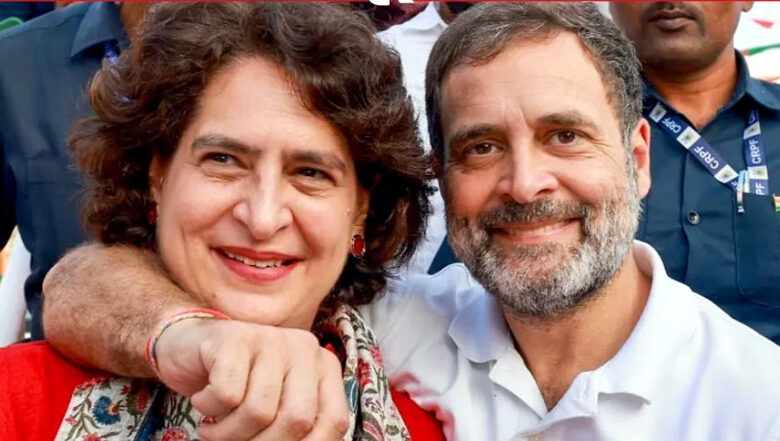By Commander Sumit Ghosh
Lucknow: As a common man, one must know the connection between civil military equation and depth of connect as it is related to larger functions of the State.

The role of the military in domestic politics is a complex and often contentious issue, especially in regions with fragile democratic institutions or histories of military intervention. A well functioning civil-military relationship is essential for the stability of democratic governance, national security, and public accountability. Across the world and notably in the Indian subcontinent, military has played varying roles, from staunch defenders of national sovereignty to active participants in political power structures. Depth of civil military coherence affecting domestic politics and the conditions of civil-military relations in democratic and semi-authoritarian contexts set up a syage for countrys growth in larger sense.
In an ideal democratic setup, the military operates strictly under civilian control, accountable to elected representatives and subordinate to the constitution. Its role is primarily external: safeguarding territorial integrity, responding to national emergencies, and assisting in disaster relief. Civilian authorities are responsible for formulating national policies, including defense and foreign policy, while the military implements these directives professionally and apolitically. This separation of power ensures that the military does not interfere in domestic governance or civilian life beyond its designated mandate.
However, in many countries, especially those with weak democratic institutions, the military often exerts significant influence over domestic politics. In some cases, this influence is formalized through coups or direct military rule; in others, it manifests indirectly via political pressure, intelligence control, or economic leverage. For example, in Pakistan, the military has played an outsized role in shaping foreign policy, especially regarding India and Afghanistan, and has frequently intervened in political transitions. Even during civilian governments, the military retains control over key aspects of governance, including internal security, defense spending, and intelligence operations.

This militarization of politics undermines democratic accountability. Civilian leaders often become dependent on military support for survival, weakening their authority and enabling a parallel power structure. In such environments, the military may also use its power to suppress dissent, limit press freedom, or manipulate elections, thereby eroding democratic norms. Moreover, the military’s involvement in commercial enterprises such as real estate, manufacturing, or infrastructure can lead to conflicts of interest and corruption, further blurring the lines between defense and governance.
In contrast, countries like India have maintained relatively robust and defined civil-military relation with a very mature understanding. Since independence, the Indian military has remained firmly under civilian control, with no history of coups or military takeovers. Despite periodic tensions and debates over defense procurement, border strategy, or internal deployments, India’s military leadership has traditionally respected the authority of elected governments. The Indian model illustrates how strong institutions, legal frameworks, and a culture of professional military conduct can preserve civilian supremacy even in a geopolitically volatile region.
Nevertheless, numerous challenges persist. In recent years, there has been growing concern about the politicization of the military in public discourse. Politicians invoking military achievements for electoral gain, public debates over the use of force, and the celebration of military operations in political rallies can risk dragging the armed forces into partisan conflicts. Maintaining a healthy distance between military operations and political messaging is very crucial to safeguarding the military’s apolitical character and public trust.
The role of the military in domestic politics should be clearly delineated to preserve democratic values, institutional integrity, and national stability. While the military is a vital pillar of the state, its involvement in political affairs often leads to authoritarian tendencies, weakens civilian authority, and distorts governance. A balanced, respectful, and constitutionally grounded civil-military relationship, in which the military is both professional and subordinate to civilian rule, is extremely essential for the health of any democratic society.









